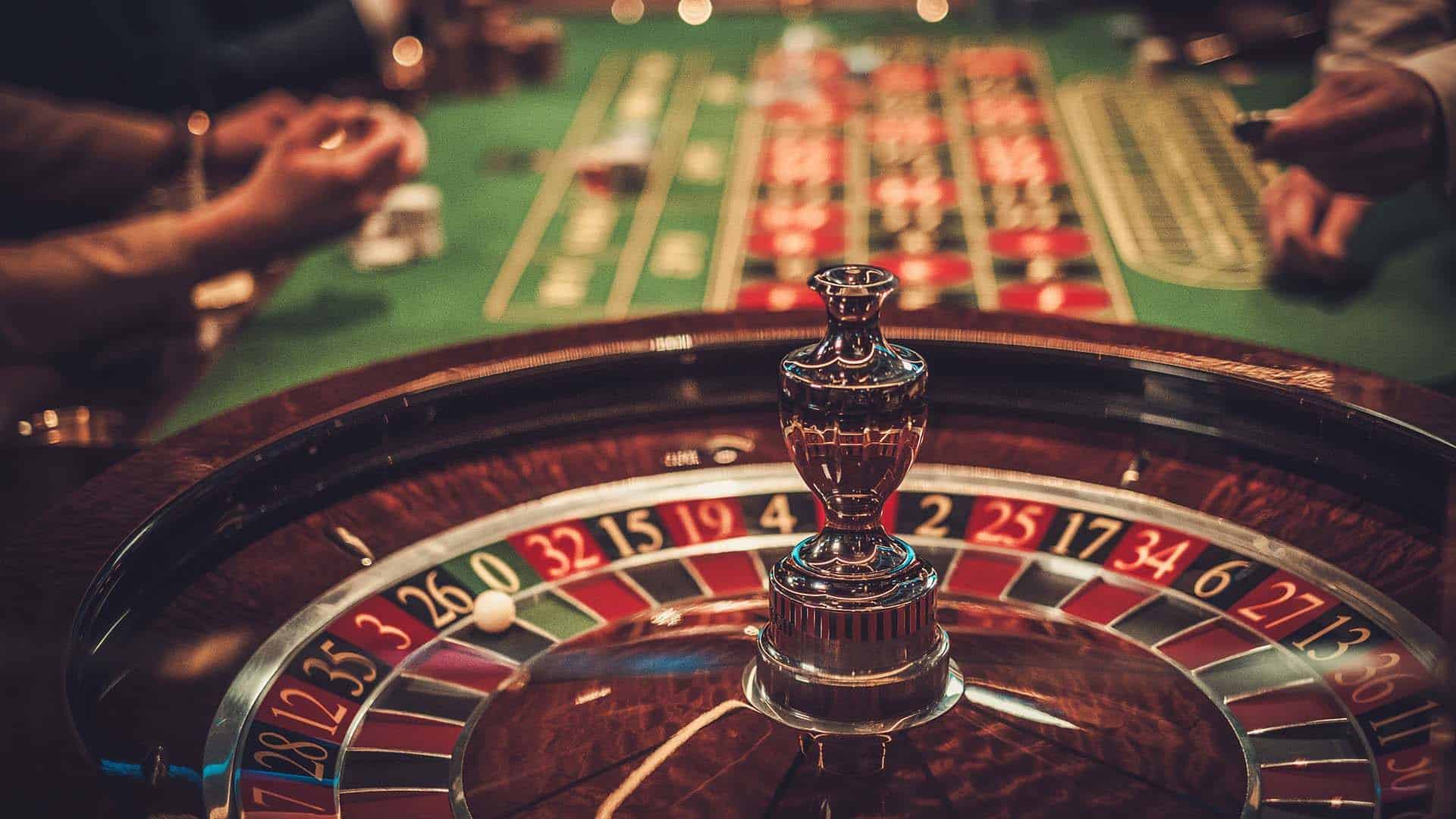
Having a loved one with a gambling addiction can certainly be difficult, especially when you or the individual suffering from compulsive gambling are not aware of the signs, stages, and treatment options. Addictive gambling can not only cause financial and behavioral problems for the individual going through it, but can also affect family members’ emotions and resources.
If you believe that a friend or family member may be headed toward addiction, research is the first step. You can use your knowledge to help them take their energy away from gambling and back to their priorities, even if it’s in the smallest way. If you’re looking for a solution or a way to help someone you love who is gambling compulsively, we can help. Let’s start with the basics.
How Do Gambling Addictions Form?
Like other addictions, gambling becomes habitual when an individual is consistently indulging in it. These habits can form whether someone is on the casino floor, at the racetrack, or even behind their computer screen.
Addictive behaviors tend to develop more quickly in those who participate in more continuous forms of gambling, such as slot machines and other quick casino games. These methods of gambling can cause addiction in as little as a year. For people who choose to bet on horse races or play card games, addictions may develop a few years down the line.
Addictive Behaviors
How do you know if someone you love is addicted to gambling? There are a few ways to recognize the compulsion:
- Preoccupation – If it always seems like their mind is somewhere else, that could be a sign that they’re preoccupied with thoughts of gambling.
- Risky Behavior – Are they acting out-of-character and taking more risks? This behavior could be a sign of compulsive gambling.
- Guilt After Gambling – If they feel overwhelmingly guilty after gambling, they may not be thinking clearly. This guilt could lead them to gambling even more.
- Desperation – Gambling addicts may tend to act out of desperation in order to get their money back.
- Reminiscing – If the majority of memories your loved one relives are related to gambling, this could show signs of addiction.
- Taking Time Off – Do they take time off of work to gamble? This is one of the tell-tale signs of serious compulsion.
If you see these signs in a loved one, the first step is to talk to them and identify if there is a problem. You, as an individual, are not able to cure their disease on your own — all you can do is try your best to understand them and follow the steps below to handle the situation as gently as possible.
How to Talk to Someone About Their Addiction
Many people want to help their loved ones suffering from addictions, but it’s difficult to know where to start. After all, there’s no “right” way to do it. Those plagued by addiction have a tendency to react negatively if they do not see a problem, and the issue will never get fixed if they don’t recognize it. This reaction may stop people from approaching family members or friends facing a gambling compulsion.
However, people who feel understood are more likely to talk openly & honestly about their issues and the root of the problem. If they have someone like you who truly tries to listen to them, chances are higher they may come around to getting help for themselves.
Here are a few steps to help someone who has a gambling addiction:
- Ask them if a problem exists.
- Encourage them to get help. And remember, you can’t make someone ready to change — but discussing it is the first important step.
- Be honest with them and gently talk about how their actions make you feel
Some people may be grateful to know that someone they love is trying to help them; but, as mentioned above, someone might get defensive and lie about their addiction. If this happens, all you can do is tell them you love them and give them access to helpful resources and information.
Types of Help for Gambling Addiction
As you know, there is only so much you can do alone for a loved one going through a gambling addiction. Eventually, it will be necessary for them to receive professional help. Hopefully, after you provide them with information about different treatments, they will take action will one of these methods:
- Psychotherapy
- Medication
- Support groups
- Cognitive behavioral therapy
Moving Forward
Ultimately, doing the research on ways to help your loved one is the best way to handle the issue and move forward. And at the end of the day, those who aren’t ready for help cannot be helped. Once your loved one feels understood, they are more likely to take steps themselves to overcome their gambling addiction with one of these solutions.
If you believe that your loved one may be suffering from a gambling addiction, please call Steps to Recovery at 267.719.8528.
Resources
https://www.psychguides.com/behavioral-disorders/gambling-addiction/how-to-help/
https://www.begambleaware.org/gambling-problems/signs-to-look-out-for/how-to-help/
Explore this article:
Explore Our Facilities
Drug and alcohol detox and residential treatment for addiction and mental health disorders
Outpatient treatment center for substance use disorder and mental health disorders
Outpatient treatment center for substance use disorder and co-occurring mental health disorders







